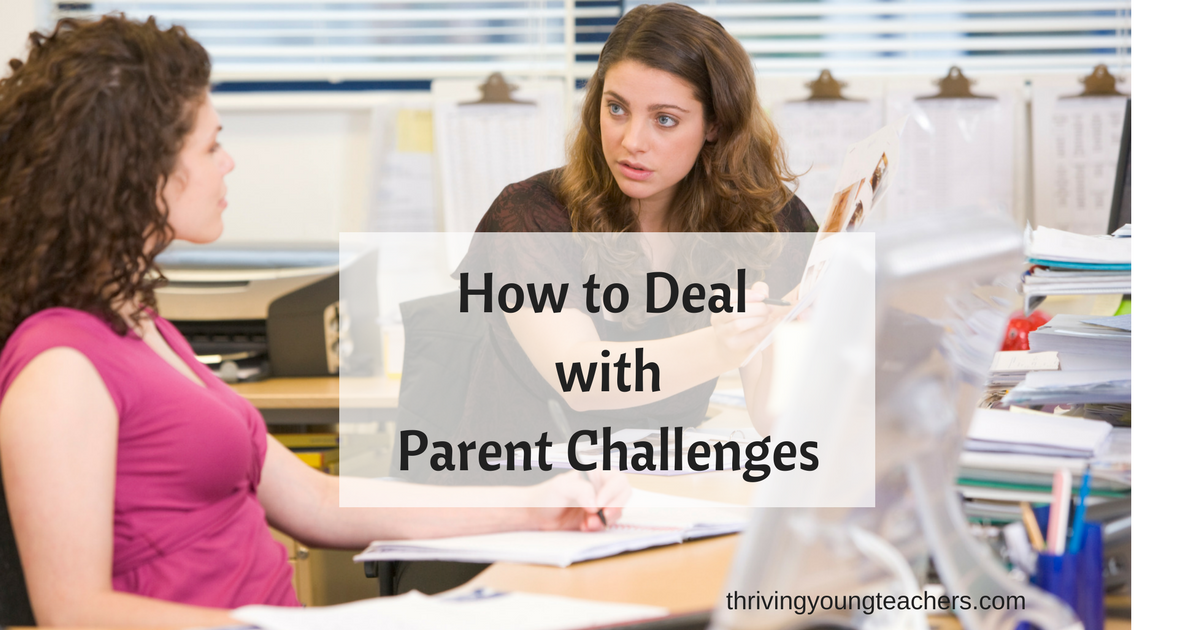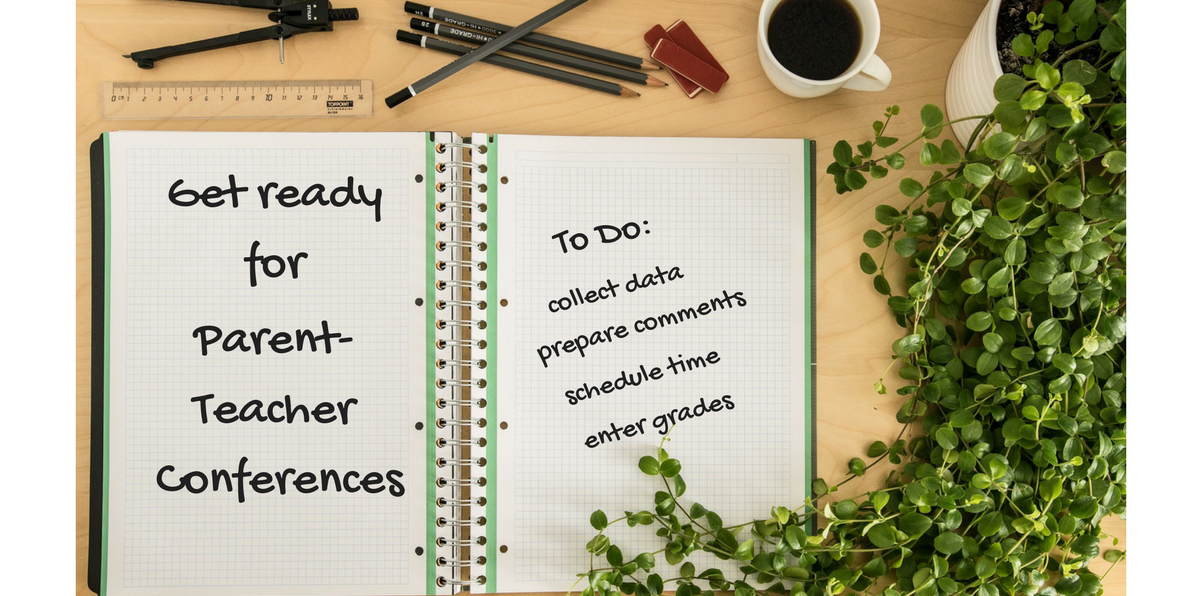 At some point, every teacher, beginning teachers and master teachers alike, will deal with parent challenges.
At some point, every teacher, beginning teachers and master teachers alike, will deal with parent challenges.
Parent challenges are uncomfortable and frustrating. They can make us angry and upset. We lose sleep, and even lose confidence in our competence as a teacher. Parent challenges can even make us dislike our jobs. Many teachers say that dealing with parents is their least favorite part of the job.
Parents today are often extremely involved in their children’s education and extracurricular activities. Combine this with 24/7 access to online grading programs and you have a recipe that invites extreme parental involvement. Parents can be demanding and unreasonable. On the positive side, they can also be allies, helping you with your most frustrating student issues.
What do you do when you are challenged by a parent?
Listen first.
Hear them out. What are the parents’ issues and concerns? What evidence do they present to make their case? Try to understand where they are coming from, and why they are upset. Keep an open mind. Though it may be difficult, try not to interrupt them or be defensive.
Share your perspective.
After listening carefully to the parents, it is now time to share your insight and information. Try to present your data, such as student grades or work samples, without judgement. Often times, poor work will speak for itself. If it is a behavioral issue, share specific observational or anecdotal notes, if they are written and dated all the better. Also have on hand copies of any previous parent communications and phone calls.
Discuss possible remedies for the issue.
Acknowledge that both parties want to come to a solution. Share any attempts you have already made to help the student. If you have worked closely with others such as a guidance counselor or another teacher, bring them on board for the meeting. Ask the parents for their suggestions. What would they like to happen?
Consider bringing the student into the conference.
Sometimes the story the parent gets and the story of what really happened differ. If you have a good working relationship with a student, you can ask them to explain what they think has happened and why. You can also share test scores and work with students, explaining why they received the grade they got. Ask the student what needs to happen to resolve the issue.
Know that both you and the parents have the best interest of the student at heart.
If you can frame the meeting as one in which you all want to help the student, it will likely be less antagonistic. Show them that you know their child well. Share the student’s strengths, and discuss goals you have that would help the student to succeed in the future. This lessens your role as “the bad guy” and helps to position you as a cheerleader for the student.
If parents become physically or verbally abusive or irrational, end the meeting.
Explain that the meeting cannot be productive with such strong emotions. Explain to the parents that you will end the meeting if their manner continues. Offer to reschedule at another time when an administrator can be present. Ask them to leave. If they refuse, leave and get help.
Be proactive in future dealings with parents.
Follow up a heated conversation with a progress report. Keep parents informed of any further issues, and also, of improvements. It is a good idea to keep all parents notified of student grades and activities. Write a classroom newsletter. Inform parents of major projects and tests. Update your online grading portal with regular comments. Call parents when needed- early and often. Do not surprise parents with a failing grade or an out- of -school suspension.
Learn from the challenge.
Although it is difficult when you are being challenged, try to see parents as people who can help you grow as a teacher. Where were they right, and you now realize you messed up? What did they point out that you now realize you could do differently in the future? What does this confrontation teach you about parent communications? Having a growth mindset around parental challenges will help you become a stronger teacher.
Parent challenges are inevitable, but they don’t have to be career ending. You can learn to work with parents in a way that will increase the chances of student success. The old saying says that what doesn’t kill you makes you stronger. You can and will survive parental challenges, and learn to thrive despite them!





